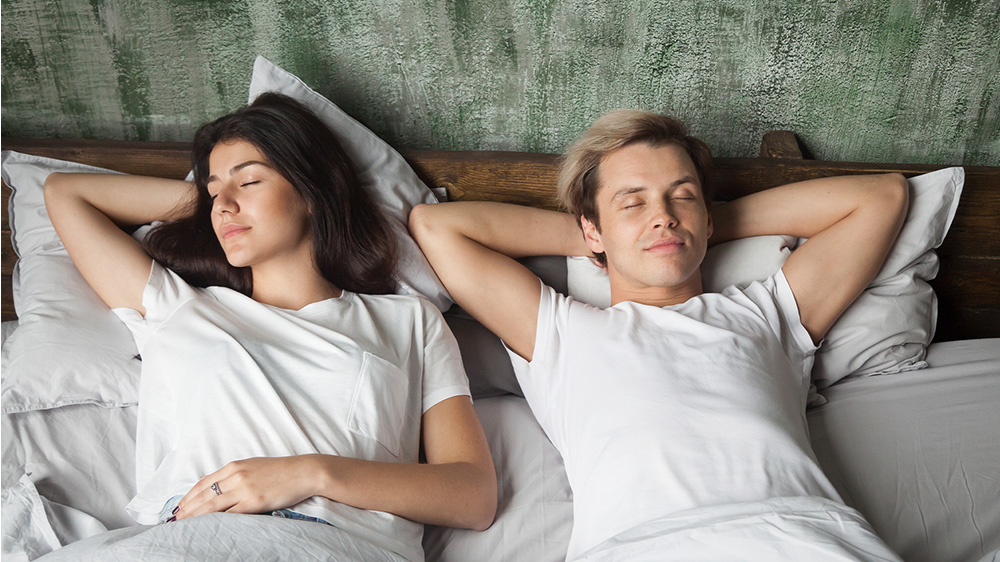
Aging has been getting a makeover in recent years — 80 is the new 50, 50 is the new…whatever. But in the world of anti-aging, and working to feel younger, there’s one overlooked hack getting more recognition after a recent study: sleep.
The study, published in late March and conducted in two parts, is titled “Sleep and subjective age: protect your sleep if you want to feel young.” (1) Researchers found that inadequate sleep can make you actually feel years older than you are. In fact, for each day of insufficient sleep, one’s subjective age increases by 0.23 years, they discovered. In addition, two nights of poor sleep, such as four hours in bed per night, made people feel nearly 4.5 years older compared to a full 9 hours per night.
“Both studies…demonstrate that sleep and sleepiness play a profound role in shaping our sense of age,” researchers reported. They add that the importance of sleep for feeling younger increases as you age, so this concept has more of an impact on older adults than younger ones. So, move aside anti-aging creams, because researchers wrote “these findings support that sleep, a vital biological phenomenon, might hold the key to feeling young.”
But what does it even mean to “feel” young? In this case, they studied multiple aspects of participants’ well-being, their brain health, and how energized they felt. But the impact of sleep runs even deeper, to a cellular level, where they found that disturbed sleep can speed up biological aging, such as “cellular senescence” which is your cells’ processes around repair and remodeling.
Sleepiness also compounds additional factors and behaviors that prevent premature aging, such as exercise and the motivation to be socially active as well, they found. So, it makes sense that if you are exhausted, you aren’t likely to be hitting the gym or jogging path, or going out with friends as often, all things that help your physical and emotional self stay young.
Further complicating the study is our perception of age, which is subjective. For example, they point to previous memory test studies that made people feel older just doing them, and the potential positive effects this research can have on our motivation to do things that “foster a youthful feeling.” So, if sleep becomes the new anti-aging mechanism we all accept as such, our own subjective view of aging could change with great sleep.
Other research connects sleep and aging “gracefully,” from findings that show as you age, your sleep stages shift from a higher level of deep sleep, like babies do, to more light sleep as older adults. But, at any age, consistent bedtimes and calm pre-sleep routines without screens are a must.
And, ironically, the aging process sometimes interferes with good sleep, as adults deal with chronic pain, increased prevalence of mental health conditions and medical problems, sleep disorders, and more fragmented sleep. Lack of sleep can also increase the risk of aging-related complications like falls and confusion.
In the end, researchers decided “safeguarding sleep is probably a key factor for feeling young,” whatever that means to you.
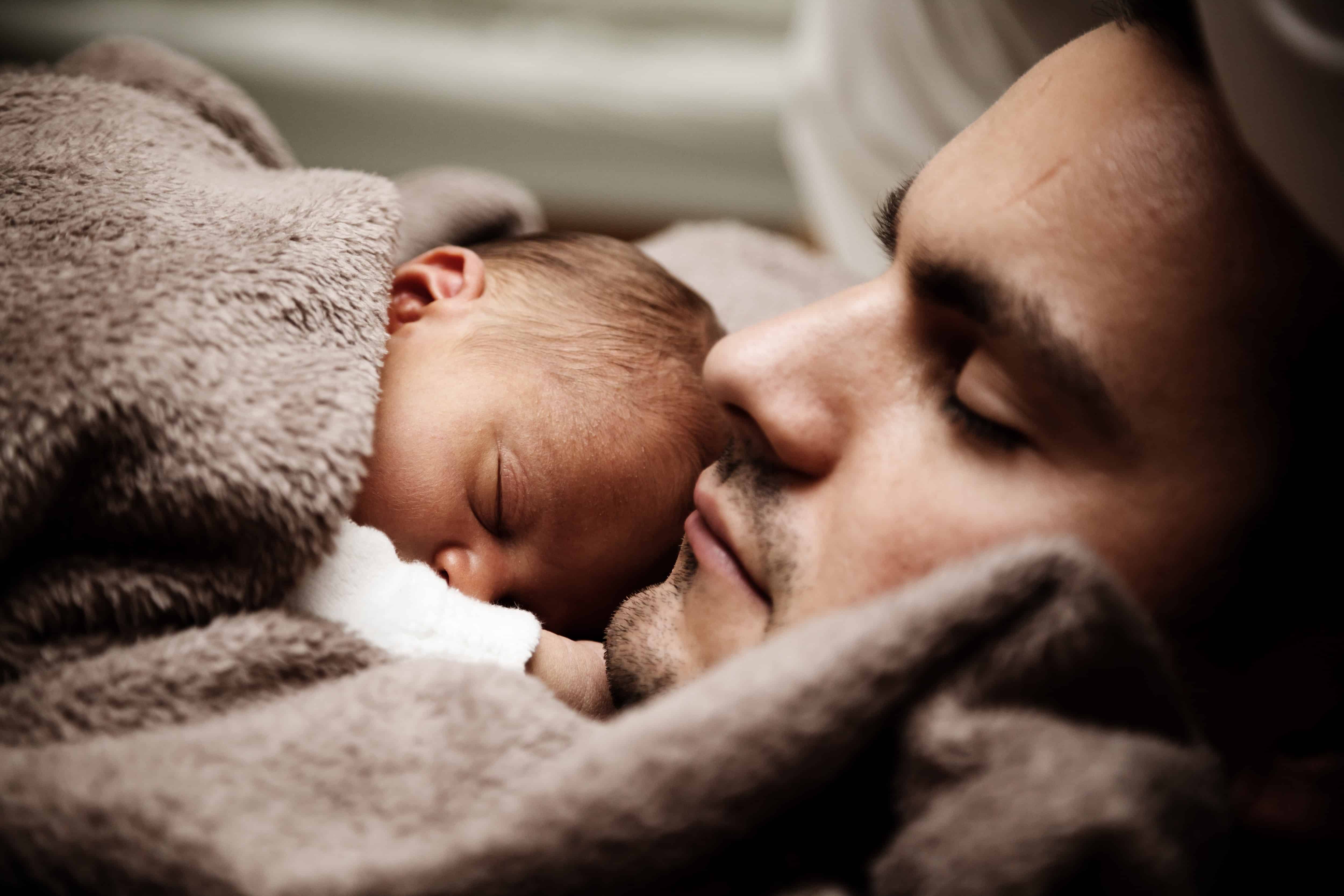
How Sleep Changes As We Age
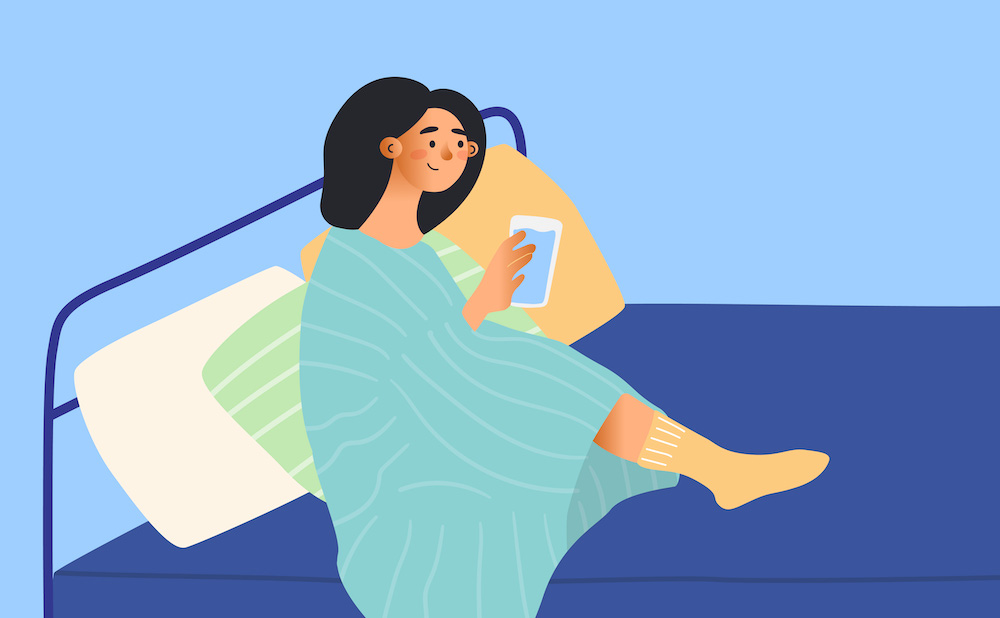
Here’s What You Need To Know About Drinking Water Before Bed (Without Midnight Bathroom Runs!)
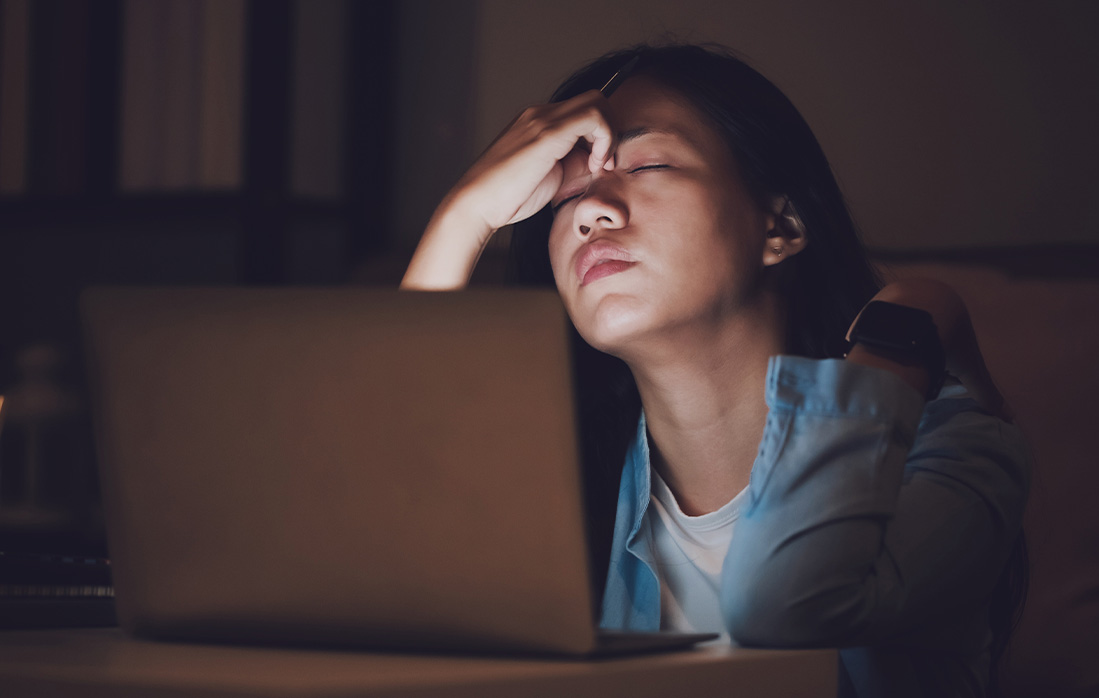
It’s “Cool” to Go to Bed at 9 p.m. According to Gen Z
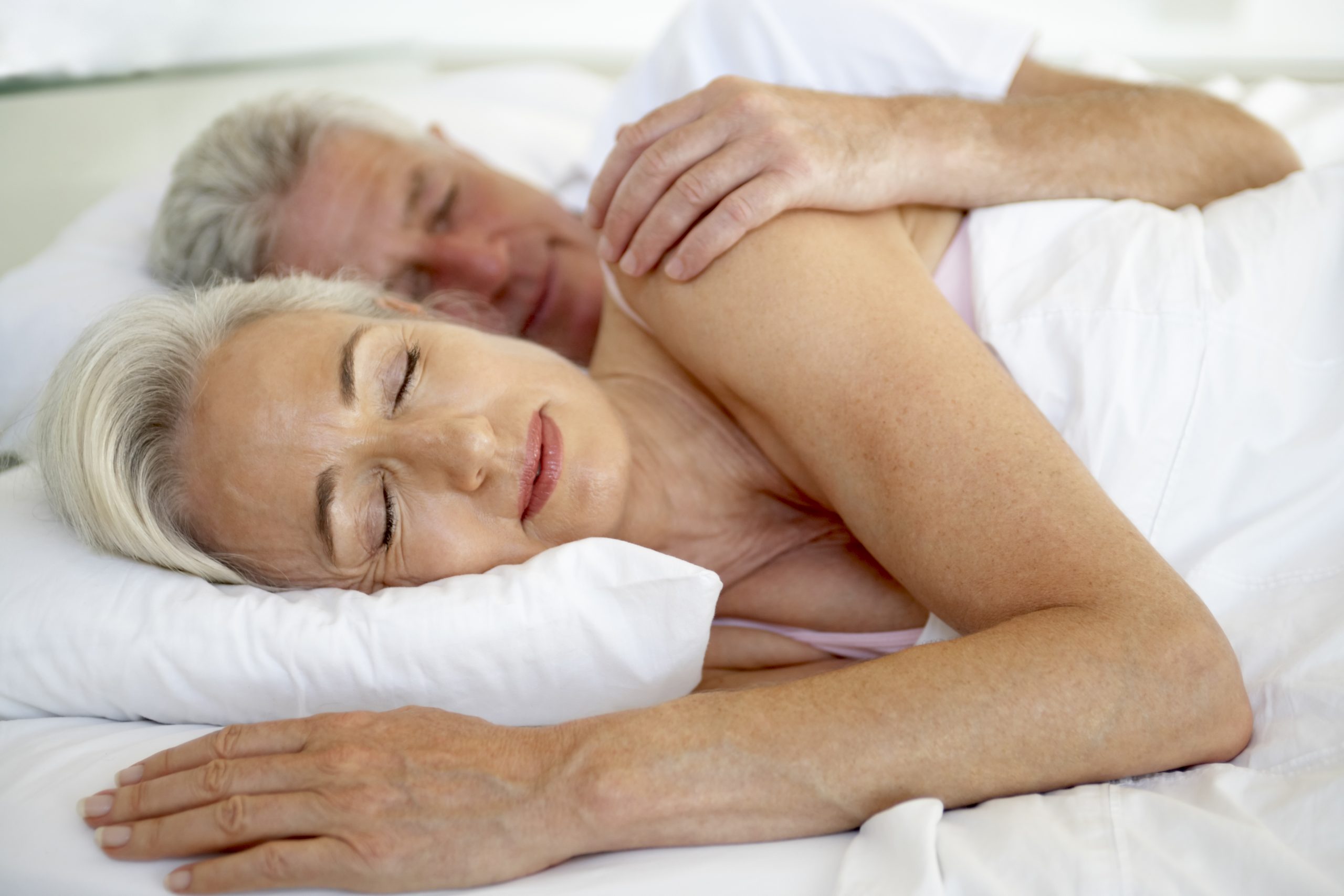
More Seniors Are Reaching For Cannabis to Ease Sleep Issues, But Is It Safe?
Sources
1. Balter Leonie J. T. and Axelsson John 2024Sleep and subjective age: protect your sleep if you want to feel youngProc. R. Soc. B.29120240171
http://doi.org/10.1098/rspb.2024.0171